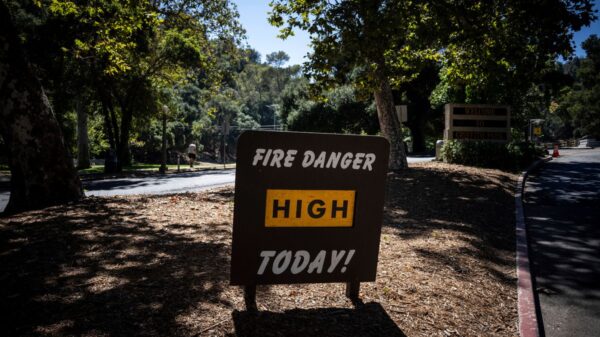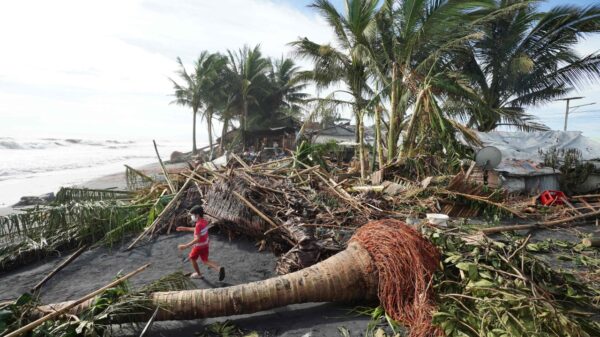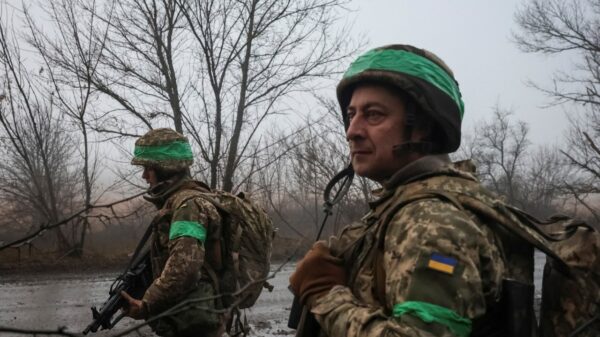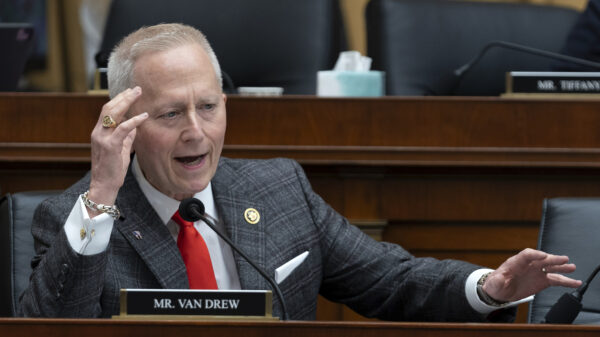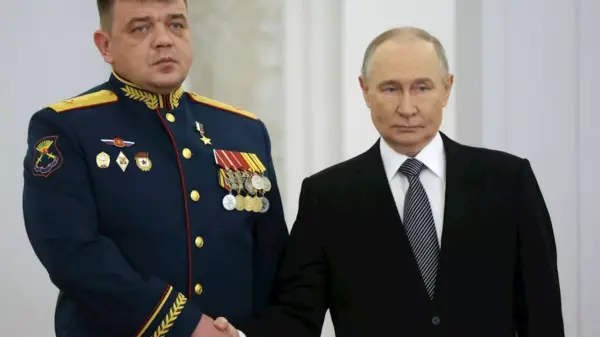Efforts by Western officials and various evangelical Christian groups have propelled the issue of Ukraine’s missing children into the spotlight of U.S. peace negotiations. These initiatives, ongoing for several months, aim to address the plight of children that Ukraine claims have been forcibly taken by Russian forces amidst the ongoing conflict.
The Ukrainian government has reported that thousands of children have been abducted since the beginning of the war in 2022. This alarming situation has garnered significant international attention. On March 15, 2024, the topic was formally included in discussions involving U.S. officials, including former President Donald Trump, who has expressed an interest in addressing the humanitarian crisis as part of broader peace talks.
Western Advocacy and Its Impact
The involvement of evangelical Christian groups has played a crucial role in raising awareness about the missing children. These organizations have mobilized resources and support, emphasizing the moral responsibility of the international community to act. They have lobbied U.S. lawmakers, urging them to advocate for the return of these children and to place the issue at the forefront of diplomatic discussions.
Western officials have responded positively to these advocacy efforts. Their ongoing dialogues have included proposals for establishing a framework that could facilitate the identification and return of the missing minors. The combination of grassroots activism and high-level diplomatic engagement has helped to amplify the urgency of the situation.
Ukrainian officials estimate that around 16,000 children have been taken, a figure that underscores the severity of the crisis. The international community’s growing awareness and concern are seen as vital steps toward addressing these humanitarian issues.
Challenges Ahead
Despite the increased focus on the plight of Ukraine’s children, significant challenges remain. The Russian government has consistently denied allegations of abduction and has framed the relocations as protective measures. This narrative complicates negotiations and raises questions about the potential for progress in peace talks.
Furthermore, skepticism exists regarding how effectively the international community can intervene in such cases, particularly when geopolitical tensions are high. The complexity of the situation demands a coordinated response that balances diplomatic efforts with humanitarian concerns.
The enhanced visibility of this issue may create pressure on international leaders to take decisive actions. As discussions unfold, advocates remain hopeful that the plight of Ukraine’s missing children will not only receive attention but also lead to tangible outcomes that address their needs and safety.
As the situation develops, the collaboration between advocacy groups and government officials will be crucial in shaping the future of these negotiations. The ongoing efforts highlight the intersection of humanitarian concerns and international diplomacy, demonstrating the potential for advocacy to influence policy at the highest levels.

